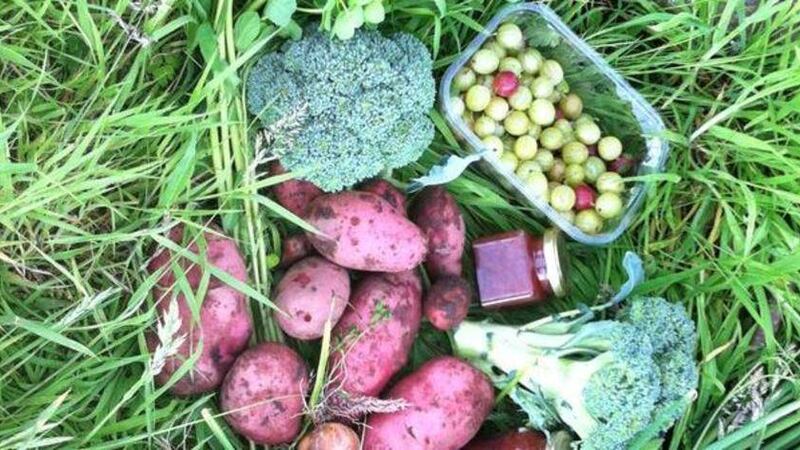A FEW years back in my role as a business journalist I wrote an article about ‘sustainability’. The piece looked at how the word is employed by a variety of people to mean a host of different things.
Wherever it is used, it carries the general conotation that whatever it's referring to is environmentally sound and has no negative impact on nature’s equilibrium. It’s a word that crops up a lot in what is known as ‘greenwash’, a pejorative term that’s used to describe a project or initiative, usually from a business or government organisation, that’s dressed up in a such a manner as to present it as positive for the environment – or 'green'.
Very often it goes further, implying that the main purpose of whatever it is that’s being promoted was to reduce environmental damage.
It’s not beyond the realms of possibility the original item that prompted me to write the sustainability article featured some big cheese talking up the north’s dairy sector, which as we’ve seen over recent weeks is far from sustainable under the current model.
Yet for some reason I’m less sceptical about the term permaculture – a compound of permanent and culture – which while meaning roughly the same thing as 'sustainable' tends not to have its meaning corrupted or exploited to the same degree.
According to Hannah Mole, a Rosscommon-based permaculture practitioner and teacher, there is a difference insofar as permaculture "takes sustainability a stage further". She reckons permacutlure aims not just to have a self-sustaining system but to regenerate it and optimise its output by mimicking nature.
Hannah is one of scores of like-minded permaculturalists (?) who this weekend are coverging on Tubby’s Farm near Hillsborough, Co Down for the All-Ireland Permaculture Gathering.
It’s the first time the annual event has come this side of the border, though I'm assured there's a smattering of permanent permaculture projects in the north, such as Lackan Cottage near Newry, Cloughmills Incredible Edibles and Portaferry Permaculture.
Hannah says the philosophy of permaculture is based on three ethics or foundations – care for the Earth; care for people; and a fair share.
"It’s about sustainable communities – and that can apply to any setting whether it’s a plant community, a community of people or a business community," she says.
"We look at each individual part of the community and how they connect with each other so we can make them connect more and make the community more efficient."
Permaculture takes nature's equilibrium as the template and applies it to different situations.
"The 'perma' in permaculture doesn't mean things never change but rather that the system or community is stable," says Hannah.
"Look at natural eco systems which have their own dynamic and can change over time yet they remain stable."
When permaculture was first applied as an philosophy it was to growing things, so it’s perfect for applying to small scale agriculture and gardening. Utilising perennials rather than annuals and employing natural pest controls, such as keeping hens and companion planting, permaculture aims to maximise resources by being less labour intensive and reliant on outside help.
Other practices it employs – all of which have featured in this column over the past decade – include crop rotation, the no dig method and living mulches, methods which will optimise soil efficiency and lessen the reliance on outside resources.
There'll be a variety of gardening advice on offer at Tubby's Farm today and tomorrow, as well as other pursuits – from cooking to building – where permaculture principles are applied.








